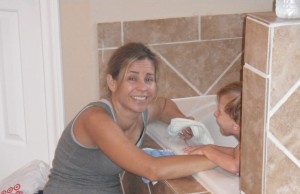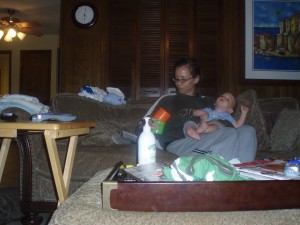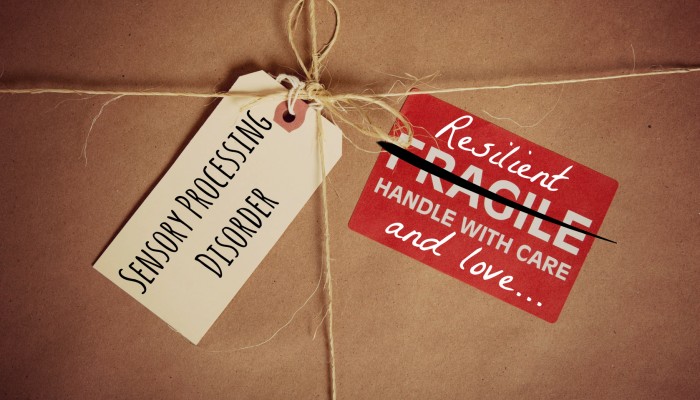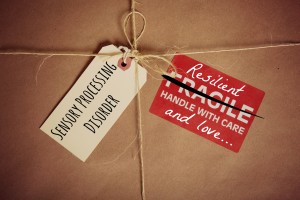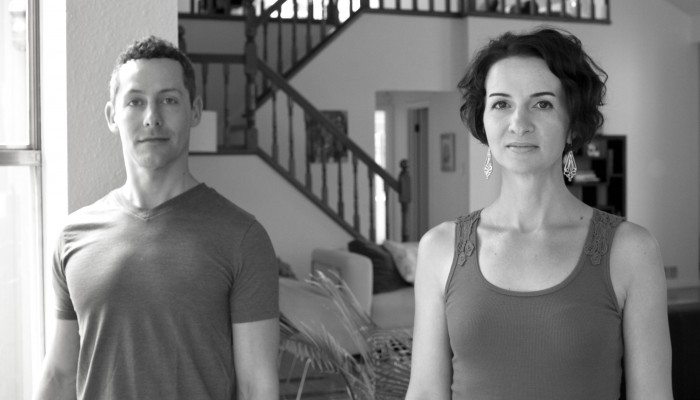One of our beliefs at Baby Proofed Parents is that a strong relationship makes a strong parent. We encourage couples to take an inventory of their partnership when expecting a child, and identify any communication difficulties or sources of conflict that could use some attention. If they have concerns, we urge them to seek out counseling because bringing a baby into the world tends to amplify marital issues rather than quell them.
That is when we hear the excuses: It costs too much. It won’t help. It takes too much time. It will be too hard.
Our friend and colleague, Louis Laves-Webb, LCSW, LPC put together a super informative graphic that dispels the common myths about couples counseling. If you have major concerns about your relationship, pre- or post-baby, this chart explains all of the ways that therapy might benefit you and your partnership:
 Thanks for sharing this with us Louis! Feel free to connect with Louis or our professional counseling services if you have questions or want to move forward with scheduling couples therapy. ♥
Thanks for sharing this with us Louis! Feel free to connect with Louis or our professional counseling services if you have questions or want to move forward with scheduling couples therapy. ♥


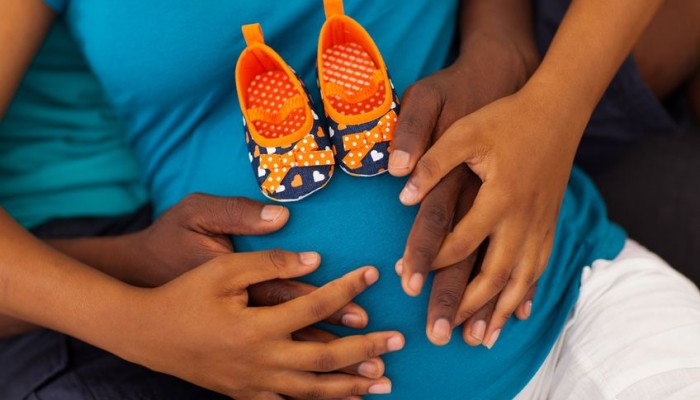



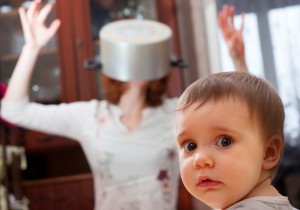



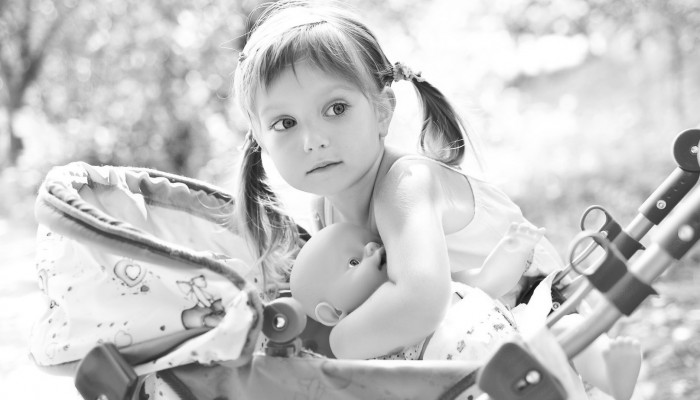








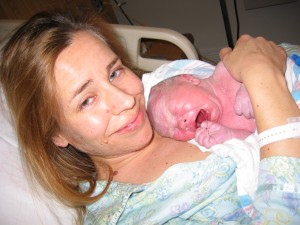
 Yes, my nostrils, eyes and hair are fun to stick fingers in. All of the time. Said no mom ever.
Yes, my nostrils, eyes and hair are fun to stick fingers in. All of the time. Said no mom ever.


